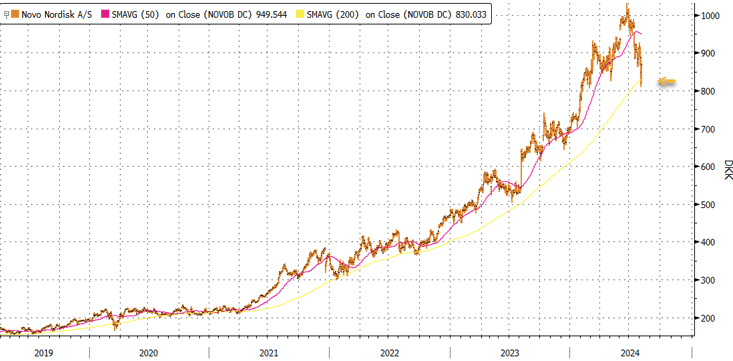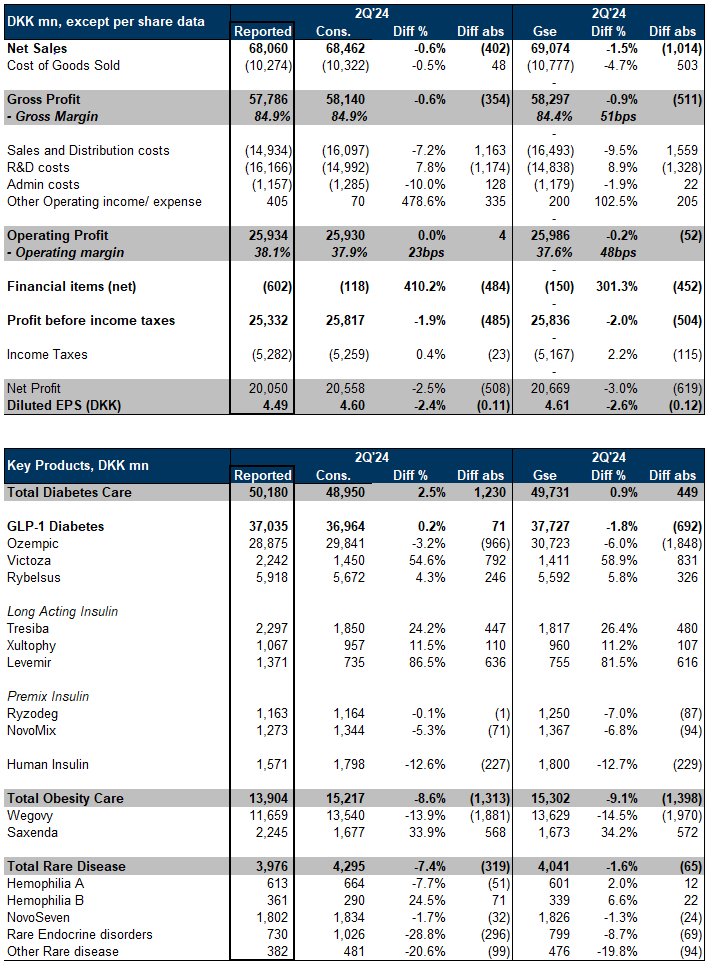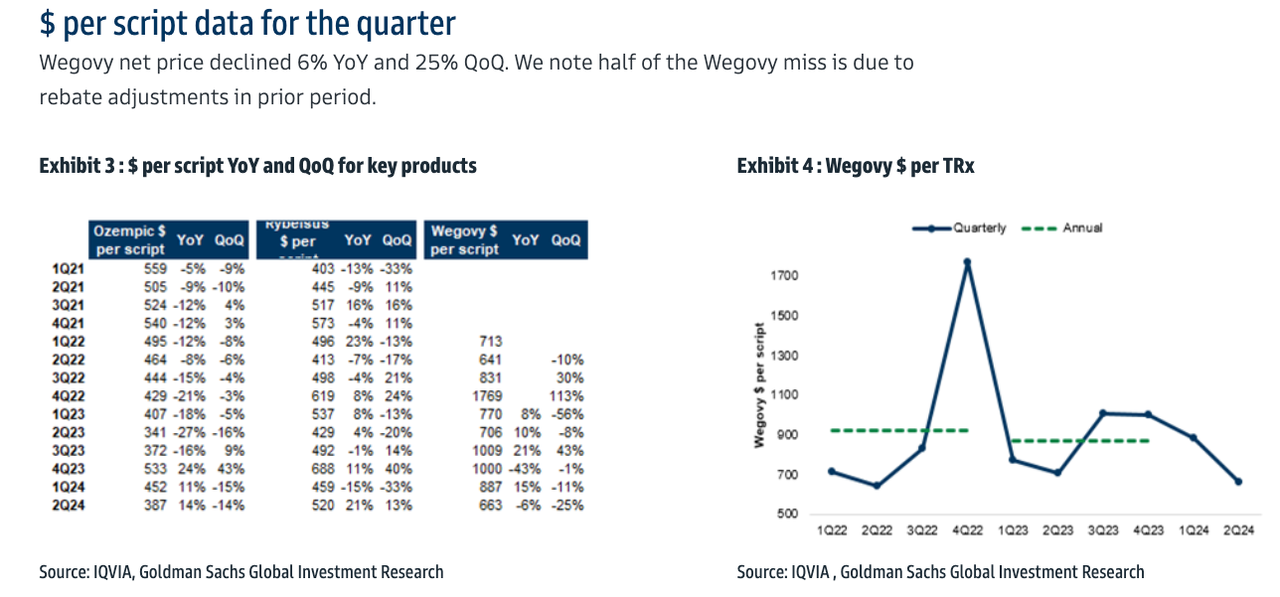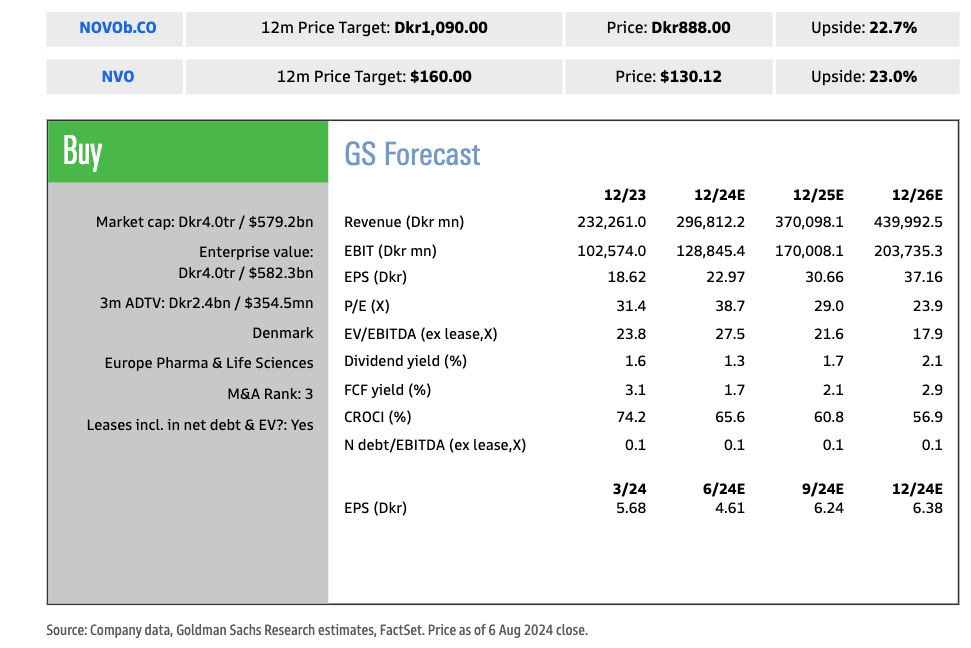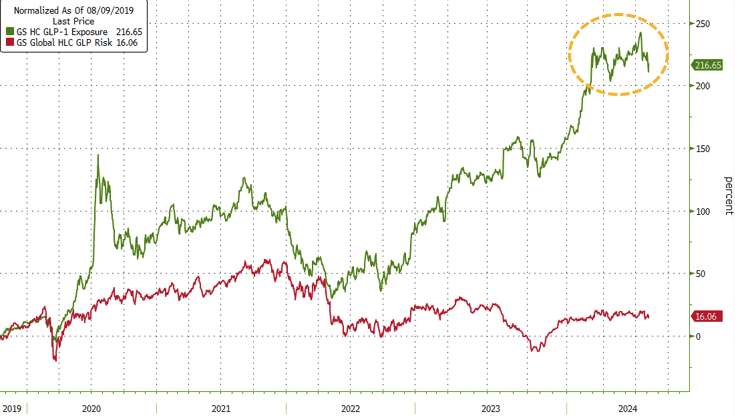by Jack Phillips via The Epoch Times,
The World Health Organization’s director-general said the United Nations health body is considering declaring an emergency for mpox, also known as monkeypox, amid an outbreak in Africa.
“But more funding and support for a comprehensive response are needed,” WHO Director-General Tedros Adhanom Ghebreyesus wrote on the social media platform X on Sunday.
“I am considering convening an International Health Regulations emergency committee to advise me on whether the outbreak of mpox should be declared a public health emergency of international concern.”
By Tuesday, it was unclear when the WHO would declare the emergency or issue any warnings about the virus.
A statement from Tedros published by the journal Science added that “this virus can and must be contained with intensified public health measures including surveillance, community engagement, treatment and targeted deployment of vaccines for those at higher risk of infection.”
“A further scaling up of the mpox response underway in affected countries is urgently needed amid the expanding outbreak,” his statement said, calling for “more funding for a comprehensive response” that factors in diagnostics, therapeutics, and vaccines.
A public health emergency of international concern is the strongest designation for an outbreak. Notably, such a declaration was made for COVID-19 during the early onset of the pandemic in 2020.
Later, WHO made the designation for an mpox outbreak that lasted from 2022 to 2023, while President Joe Biden’s administration declared an emergency over the virus. During that outbreak, which impacted Europe and the United States, officials say mpox primarily spread via sexual contact between men.
The latest announcement was made as the Africa Centers for Disease Control and Prevention (CDC) said in a report last week that mpox has now been detected in 10 African countries this year, including Congo, which has more than 96 percent of all cases and deaths.
Officials said nearly 70 percent of cases in Congo are affecting children younger than 15, who also accounted for 85 percent of deaths.
There have been an estimated 14,250 cases so far this year, nearly as many as all of last year, the Africa CDC said. Compared to the first seven months of 2023, the Africa CDC said cases are up 160 percent and deaths are up 19 percent, to 456.
Burundi and Rwanda both reported the virus for the first time this week, while new outbreaks were recently reported in the Central African Republic and Kenya.
“We are very concerned about the cases of monkeypox, which is ravaging (the capital region),” the Central African Republic’s public health minister, Pierre Somse, said on Monday.
Two cases were confirmed in Uganda, according to an Aug. 4 notice published by the International Society for Infectious Diseases, citing the country’s health ministry.
“Both individuals presented with symptoms such as skin rash, swollen lymph nodes, and general malaise, which are consistent with mpox,” the Ugandan Health Ministry stated.
Meanwhile, Kenya’s Health Ministry recently said it found mpox in a passenger traveling from Uganda to Rwanda at a border crossing in southern Kenya. In a statement, the ministry said that a single mpox case was enough to warrant an outbreak declaration.
Over the weekend, health officials in South Africa announced the country now has 22 cases of mpox, including three deaths.
“Contact tracing and monitoring activities are ongoing in the affected communities in both provinces, and the Department urges all the identified contacts to cooperate with health officials during contact tracing for screening and possible diagnosis to prevent further transmission of this preventable and treatable disease,” the South Africa Health Department said in a statement, published on Aug. 4.
Signs and symptoms of mpox, according to the U.S. CDC website, include a rash that might be located on the feet, hands, face, chest, and mouth, or near the genitals. The rash can form scabs and initially look like blisters or pimples, which may be itchy or painful.
Other symptoms include fever, swollen lymph nodes, chills, aches, exhaustion, and respiratory symptoms such as a cough, nasal congestion, or sore throat, according to the health agency.
https://www.zerohedge.com/geopolitical/who-director-considers-declaring-public-health-emergency-over-mpox-virus-outbreak
